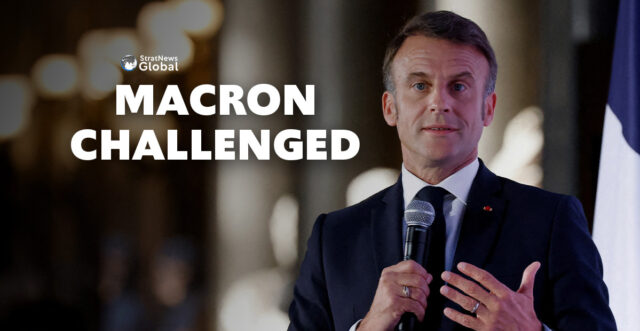In 2018, a year after becoming France’s president, Emmanuel Macron visited New Caledonia to outline a new Indo-Pacific strategy aimed at countering China’s growing regional ambitions. He highlighted New Caledonia as a crucial part of this plan, stating, “The Indo-Pacific is at the heart of the French project.”
Six years later, Macron’s Indo-Pacific aspirations are being tested by deadly unrest in New Caledonia. Protests erupted against a constitutional amendment to expand the electorate to include recent French arrivals, a move perceived by some indigenous Kanaks as diluting their voting power. The unrest has resulted in at least seven deaths.
In response, Macron dispatched 3,000 security officers, labelling the unrest “an unprecedented insurrection.” While he delayed ratifying the voting reform to seek a settlement, he defended its “democratic legitimacy” and reinforced the validity of the 2021 referendum, where a majority voted to remain French, despite a boycott by many Kanaks.
Experts argue that Macron’s firm stance underscores his commitment to maintaining France’s influence in a geopolitically significant region.
New Caledonia is part of a “string of pearls” of French territories in the Indo-Pacific, contributing to France’s claim of the world’s second-largest exclusive economic zone.
Denise Fisher, Australia’s former consul-general on the island, noted that New Caledonia “sustains France’s role as a great power.”
New Caledonia, home to 270,000 people, has a history of tension between the indigenous Kanaks and Paris. Colonised by France in 1853, the island has seen violent conflicts, particularly in the 1970s, leading to the 1998 Noumea Accord which outlined a path to autonomy through referendums, all of which rejected independence.
The protests highlight ongoing grievances, especially regarding New Caledonia’s significant nickel resources, essential for electric vehicle batteries. Brenda Wanabo, a protest organiser, accused Macron of pushing through the 2021 referendum and the voting reforms to benefit French interests in nickel.
France’s territories in the Indo-Pacific give it a unique standing in the European Union, being the only EU country with territories in the region.
This strategic positioning became even more crucial after the collapse of a multi-billion-dollar submarine deal with Australia in 2021, which shifted France’s focus towards strengthening ties with other Pacific nations.
Macron’s commitment to maintaining these territories is seen as part of a broader strategy to assert France’s global influence.
Despite criticisms of neglecting day-to-day concerns of the island, Macron views New Caledonia as essential to France’s status as a global power.
With Inputs From Reuters





